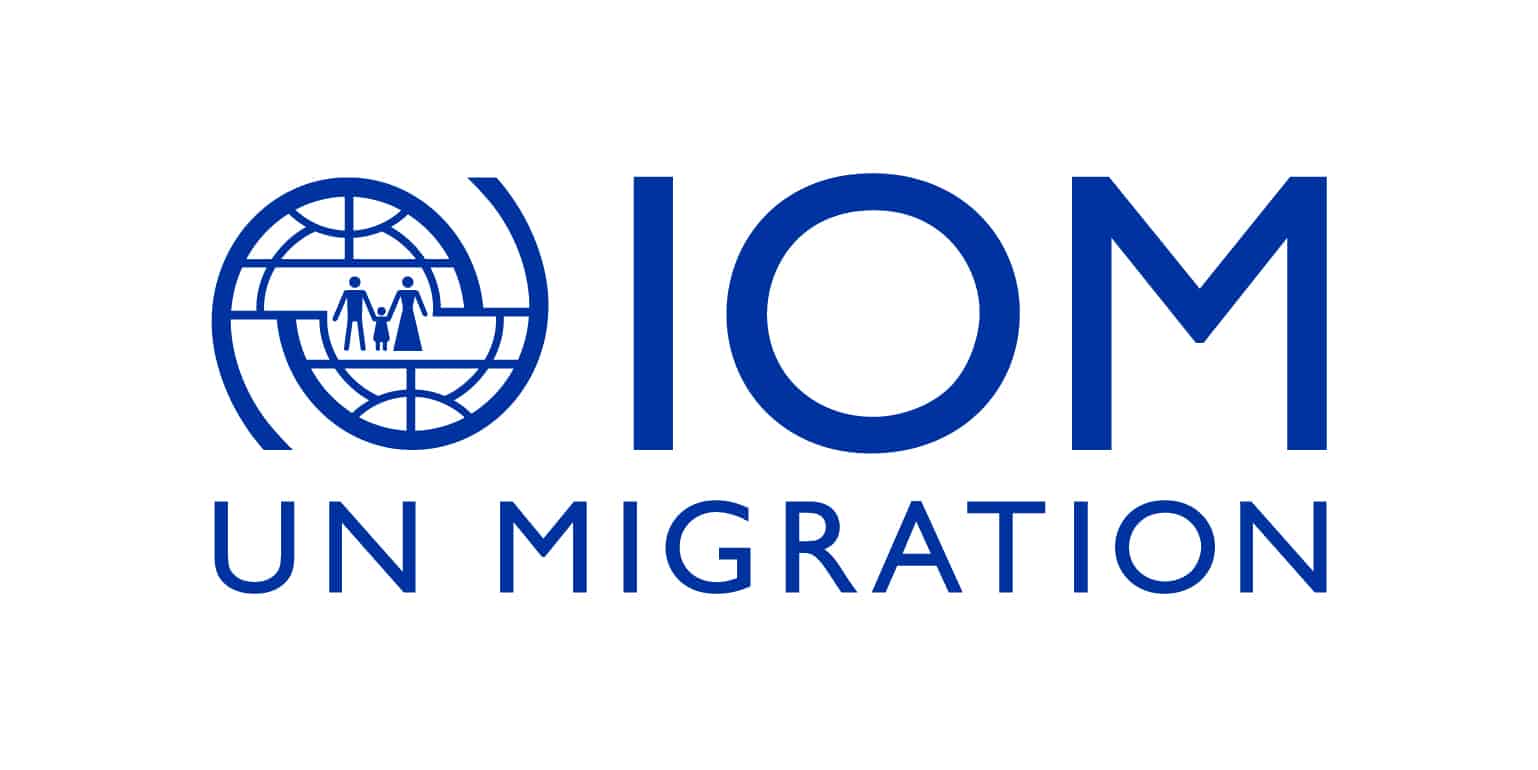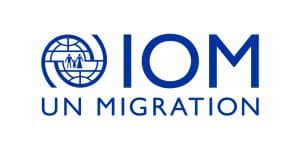Established in 1951, the International Organization for Migration (IOM) is the leading intergovernmental organization in the field of migration and works closely with governmental, intergovernmental and non-governmental partners.
With 175 member states, a further 8 states holding observer status and offices in over 100 countries, IOM is dedicated to promoting humane and orderly migration for the benefit of all. It does so by providing services and advice to governments and migrants.
IOM works to help ensure the orderly and humane management of migration to promote international cooperation on migration issues, to assist in the search for practical solutions to migration problems and to provide humanitarian assistance to migrants in need, including refugees and internally displaced people.
The IOM Constitution recognizes the link between migration and economic, social and cultural development, as well as to the right of freedom of movement.
In 2021, IOM´s work on the mobility dimensions of crises reached 31.7 million persons (including internally displaced persons, refugees and migrants) and host community members.
In addition to crisis and humanitarian response, IOM works in the four broad areas of migration management:
- Migration and development
- Facilitating migration
- Regulating migration
- Forced migration
IOM activities that cut across these areas include the promotion of international migration law, policy debate and guidance, protection of migrants’ rights, migration health and the gender dimension of migration.
The United Nations system is committed to supporting the implementation, follow-up and review of the Global Compact for Safe, Orderly and Regular Migration (GCM). To this end, the United Nations established a Network on Migration to ensure effective, timely and coordinated system-wide support to Member States. IOM, through its Director General, serves as the coordinator of the UN Network on Migration.


 IOM is part of the United Nations system, as a related organization. The Organization is guided by the principles enshrined in the Charter of the United Nations, including upholding human rights for all. Respect for the rights, dignity and well-being of migrants remains paramount.
IOM is part of the United Nations system, as a related organization. The Organization is guided by the principles enshrined in the Charter of the United Nations, including upholding human rights for all. Respect for the rights, dignity and well-being of migrants remains paramount.